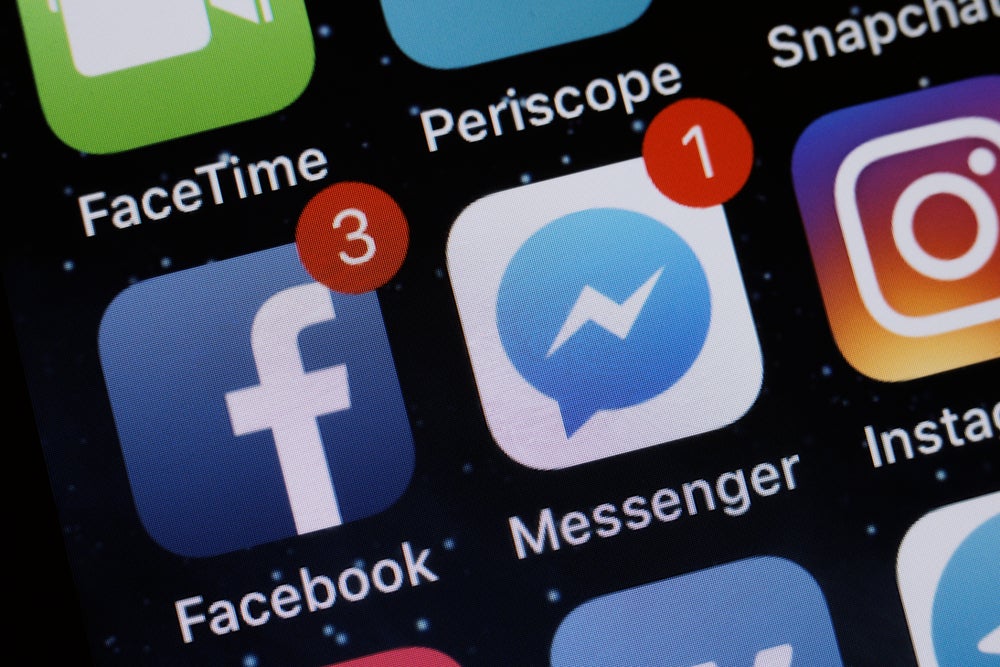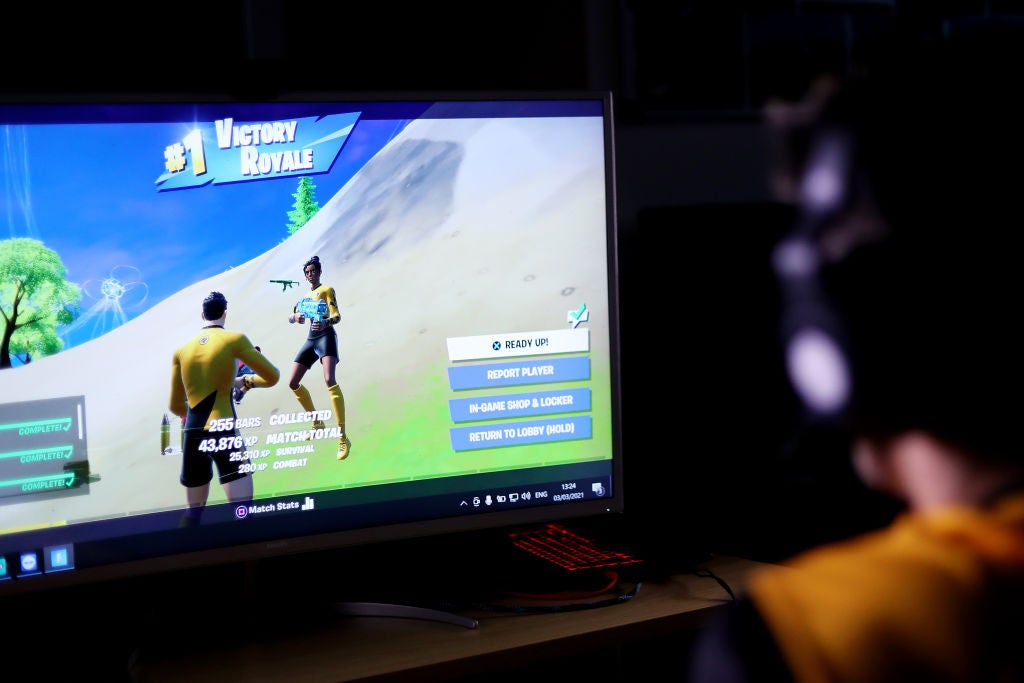
As a growing number of people around the world practice social distancing and isolation in an attempt to slow the spread of the COVID-19 pandemic, many are turning to social media to keep in contact with the outside world.
However, Facebook has said that its ads business has been “adversely affected” by the current situation.
In a blog post, the social media giant reported that messaging across its platforms had increased my more than 50% over the last month, with voice and video calling also doubling on Messenger and WhatsApp.
Italy, which has had 69,176 cases and has been under national quarantine since 9 March, has seen 70% more time spent across Facebook-owned apps, including Instagram and WhatsApp, “since the crisis arrived in the country”, and group calls increase by more than 1000% over the last month.
However, Facebook does not monetise many of the services, sometimes referred to as dark social, that have seen a jump in user numbers, and reported “weakening in our ads business in countries taking aggressive actions to reduce the spread of COVID-19”. According to Bloomberg, Facebook makes 98% of its revenue from ads and that the company’s shares dropped in the hours following the announcement.
Twitter has also announced that it is withdrawing its first quarter earnings guidance as ad revenue is impacted.
How well do you really know your competitors?
Access the most comprehensive Company Profiles on the market, powered by GlobalData. Save hours of research. Gain competitive edge.

Thank you!
Your download email will arrive shortly
Not ready to buy yet? Download a free sample
We are confident about the unique quality of our Company Profiles. However, we want you to make the most beneficial decision for your business, so we offer a free sample that you can download by submitting the below form
By GlobalDataFacebook ads and the coronavirus: Rethink in progress
Many businesses are currently rethinking marketing campaigns, as events are cancelled, retailers face physical store closures and many deal with a loss of revenue. Facebook has said that its ad revenue has been most affected in countries “taking aggressive actions to reduce the spread of COVID-19”.
With many of its employees working from home, Facebook is working to manage a spike in usage, and is working to keep apps “fast, stable, and reliable”. The company has said that it is temporarily reducing bit rates for videos on Facebook and Instagram in certain regions
After calls for it to do more to address its role in the dissemination of fake news in the past, the platform has implemented a number of measures to tackle the spread of misinformation related to coronavirus. It has begun to block ads exploiting the current situation, including those for products claiming to cure the diease or ads for medical masks. The platform has also removed claims and conspiracy theories that have been debunked by the World Health Organisation or other trusted health experts.
Yuval Ben-Itzhak, CEO of Socialbakers said:
“Because of uncertainty about the economic environment they are slowing down investment. This trend is expected to continue as businesses look for less costly alternatives to engage their audiences. That means that organic strategies driven by the right content may win during this period.
“Since we believe that now, more than ever, customers want to hear from the brands they follow, cutting back on social media investment could be a mistake on the part of the brands. Brand marketers need to be mindful that, faced with the prospect of social distancing and more time at home, their audiences will be looking to the digital world to keep them feeling connected, updated, and entertained.”
Read more: How should social media tackle “avalanche” of coronavirus misinformation?







